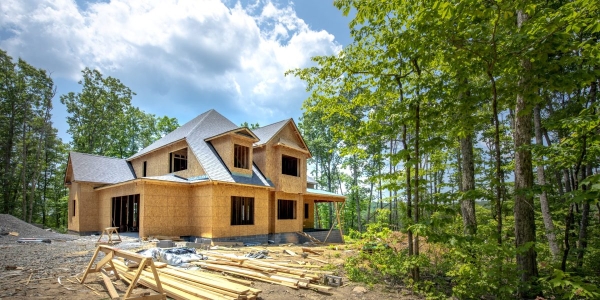
Heading into 2023, Yieldstreet told Fortune that the firm had reduced its homebuying levels by more than 90% as the institutional homebuyer awaited steeper declines in home prices.
“From December onward, the expectation from my side is we’ll have another 10% to 15% decline [in home prices] nationally,” Tejas Joshi, director of single-family residential at Yieldstreet, which owns over 700 single-family homes, told Fortune back in December. “We’re pretty much on pause across all [homebuying] strategies.”
Fast-forward to April, and many regional housing markets have actually, at least for now, stabilized. Among the nation’s 200 largest housing markets tracked by Zillow, 23% of markets, including places like Austin and Reno, posted month-over-month home price declines in April. Meanwhile, 77% of regional markets, including places like Columbus and Miami, posted month-over-month home price gains in April.
Do signs of life in the U.S. housing market have Yieldstreet ready to jump back in? To find out, Fortune called up Joshi.
“I don’t think [house] prices have bottomed yet…On average, we have another 5% decline nationally, and it’ll vary by market. Peak-to-trough, [we’re expecting] 12% to 15% [national] decline,” Joshi tells Fortune. However, he acknowledges that the over 20% peak-to-trough national decline he was expecting last year now appears unlikely.
Yieldstreet hasn’t bought any single-family homes this year through March, Joshi says. That’s despite the fact that according to Joshi the company would like to grow its single-family home portfolio from its around $200 million value right now to $1.5 billion over the next five years. If the company goes through with it, that would mark a 650% increase in its single-family holdings by 2028.
The expectation that the home price correction will come back later this year with vengeance isn’t the only reason Yieldstreet isn’t buying homes right now. It’s also about interest rates, Joshi says.
The average 30-year fixed mortgage rate, which peaked at 7.37% in early November, has come back down to 6.50% as of Friday. However, interest rates on “floating” loans offered to firms like Yieldstreet are still in the 7% to 8% range, Joshi says. Those high interest rates, coupled with high home prices, mean that buying new single-family rentals doesn’t make a lot of sense right now for institutional investors.
Joshi says Yieldstreet is waiting for either home prices to fall further or interest rates to come back down. Or both.
“If short-term [interest] rates came down around 4%, and if home prices were about 15% lower than the peak last year, that is a valuation that supports the equity return that investors need to make,” Joshi says.
Yieldstreet isn’t alone. According to an analysis conducted by John Burns Research and Consulting, institutional investors bought 79% fewer homes in the fourth quarter of 2022 than in the fourth quarter of 2021.
Want to stay updated on the housing market? Follow me on Twitter at @NewsLambert.






